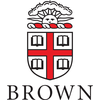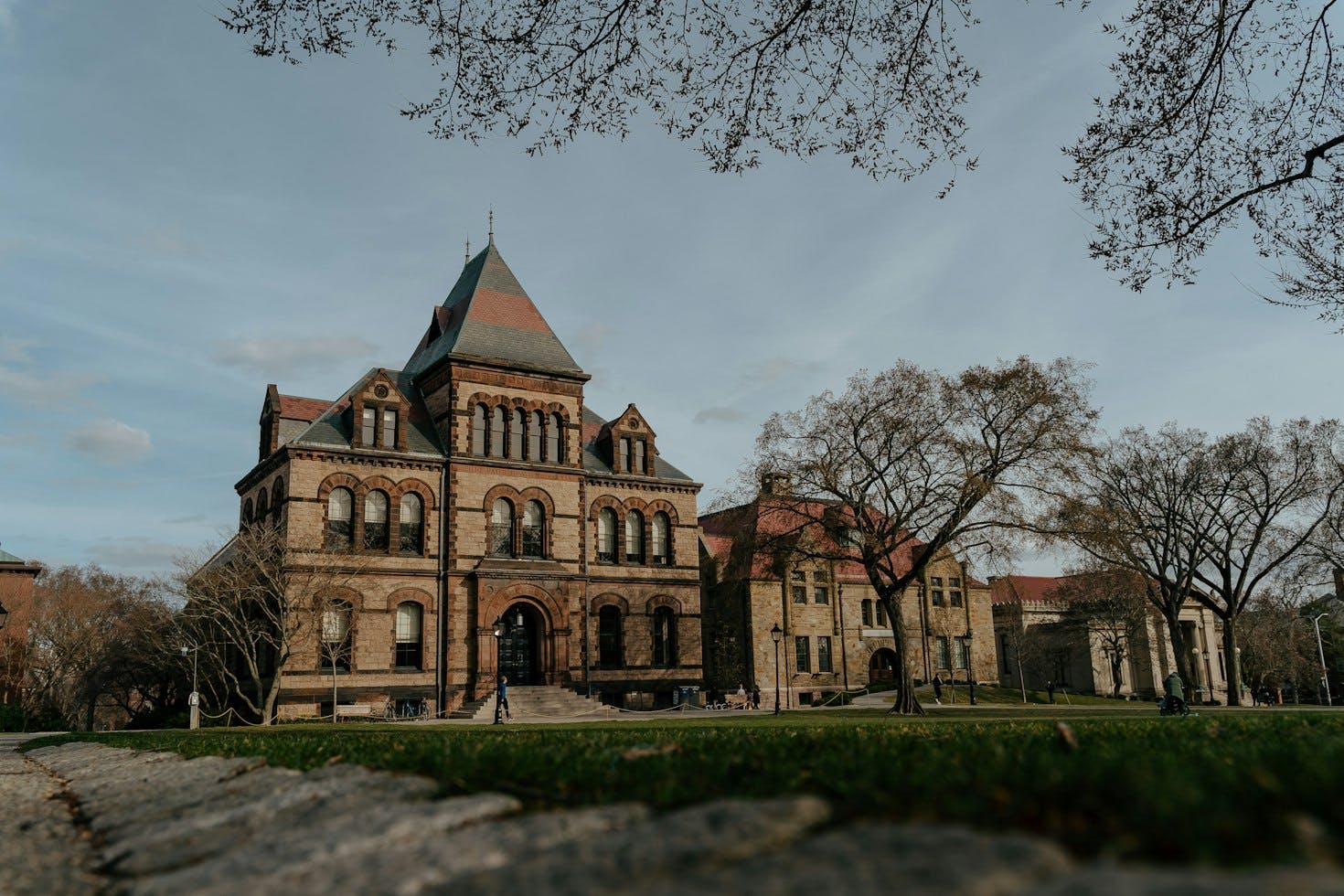25 Brown Essays That Worked
Updated for the 2025-2026 admissions cycle.
 About Brown
About Brown

Brown University is a storied Ivy League university based in Providence, Rhode Island with a reputation for cutting-edge scholarship and groundbreaking academic programs. Founded in 1764, Brown is one of the nation's oldest colleges and places a premium on studying subjects from several disciplines. Students at this progressive school are encouraged to think beyond the box and pursue academic rigor and breadth. As such, unlike other schools, Brown has an Open Curriculum, which empowers students to choose the courses they want, rather than having to fulfill general education requirements. This tight-knight, politically active campus is a great fit for free thinkers and free spirits hoping to make the world a better place.
At a glance…
Acceptance Rate
7%
Tuition
$60,696
Average Cost
$29,544
Average SAT
1508
Average ACT
34
Location
Providence, RI
Real Essays from Brown Admits
Prompt: Brown’s Open Curriculum allows students to explore broadly while also diving deeply into their academic pursuits. Tell us about any academic interests that excite you, and how you might use the Open Curriculum to pursue them while also embracing topics with which you are unfamiliar.
As far back as I can remember, I have had a deep-rooted interest in history. Captivated by each story, I watch every documentary on King Henry VIII, read every book on the Cambodian Genocide, and listen to the stories of my family's struggle during the Nicaraguan Proxy Wars. My passion for history intertwines with my love for International Affairs. While exteriorly different, international affairs have been the leading causes of several historical events. To this day, the history and legacy of World War II have continued the United Nations purpose in maintaining global peace. The United Nations saved my family in the Nicaraguan Proxy War, and as such, history upholds peace in intersection with international affairs. The Engaged Scholars Program at Brown takes on this approach. Providing me with the hands-on experience to serve humanitarian efforts and public service, the program takes history onto theoretical and analytical levels of community engagement. Furthermore, I could discover new passions and interests at Brown, such as Greek Mythology, by contributing to the Brown Classical Journal. While also studying at the Brown Center for Language Studies to learn the mother tongue of my Aztec ancestors: Nahuatl. My passions are a necessity rather than an option. While studying at the Brown Open Curriculum, I can be free to become a changemaker in my education in serving the world. To have the possibility of studying multiple pursuits while continuing International Affairs, I see that my place fits Brown as a member of its diverse community.
Prompt: Brown students care deeply about their work and the world around them. Students find contentment, satisfaction, and meaning in daily interactions and major discoveries. Whether big or small, mundane or spectacular, tell us about something that brings you joy.
Sitting around the 13-inch laptop, my rookie robotics team was watching the live stream for our new challenge: placing cones and cubes from the ground onto pegs of various heights.
After watching the video three more times, we decided to create an efficient makeshift virtual 4- bar mechanism, a mechanical system containing four connected bars and joints. However, my
blank VSCode terminal and I realized that my usual method of moving each motor independently
wouldn’t work for this design. As the only programmer on the team, I was stuck with little guidance.
I zealously made a post on Chief-Delphi—a robotics forum. From one post, my solo journey turned into a worldwide team. Through numerous replies, I found a solution: inverse kinematics.
2 Using inverse kinematics, I could predict the angle of each joint on an imaginary x-y graph,
allowing the claw to have different actions for each position on the field. Not only was this solution
time efficient, it allowed me to make friends from robotics teams around the globe.
My team was awarded the Controls Award at the State Championship and qualified for the World’s
Championship for the first time in team history.
This sense of community that arose from one simple problem has changed how I approach many
obstacles, leaning towards working with others rather than working alone on tough problems. Having the ability to find friends, especially during a challenge, gives me joy.
Prompt: Brown’s culture fosters a community in which students challenge the ideas of others and have their ideas challenged in return, promoting a deeper and clearer understanding of the complex issues confronting society. This active engagement in dialogue is as present outside the classroom as it is in academic spaces. Tell us about a time you were challenged by a perspective that differed from your own. How did you respond?
If you visit Baltimore, you may see a bumper sticker that reads: “Baltimore, Maryland: There’s more than murder here!” I used to laugh at this ironic take on the reading rainbow logo because it appears to confront the negative stereotypes of Baltimore as dangerous and crime-ridden. These stereotypes have never aligned with my experience in Baltimore; they usually refer to low-income, predominantly black neighborhoods, but my neighborhood is middle-class and racially mixed. In response to this incongruence, I adopted a “more than murder” mentality, subconciously separating Baltimore into their Baltimore: the low-income neighborhoods targeted by stereotypes, and my Baltimore: the Baltimore that I grew up in. My instinct was not to challenge the belief that low-income neighborhoods were dangerous or crime-ridden, but to affirm the existence of my Baltimore and prove that there were “good” neighborhoods too. Everything changed when I was introduced to Devin Allen, who photographs vibrant life in Baltimore’s low-income communities. Allen’s work emphasizes the humanity of these neighborhoods, portraying families, celebrations, and neighborly love, and introducing me to a new vision of Baltimore. I hadn’t realized the dehumanizing way I viewed my fellow Baltimoreans until Allen’s photography forced my subconscious biases to the surface. His direct defiance of the “more than murder” mentality challenged me to reflect and confront my prejudices. Allen’s photography shattered my perceptions, but it also mended my Baltimore. I no longer see “good” and “bad,” “safe” and “dangerous,” or “mine” and “theirs.” My Baltimore is one city: a diverse yet unified whole.
Find an essay from your twin at Brown 

Someone with the same interests, stats, and background as you

